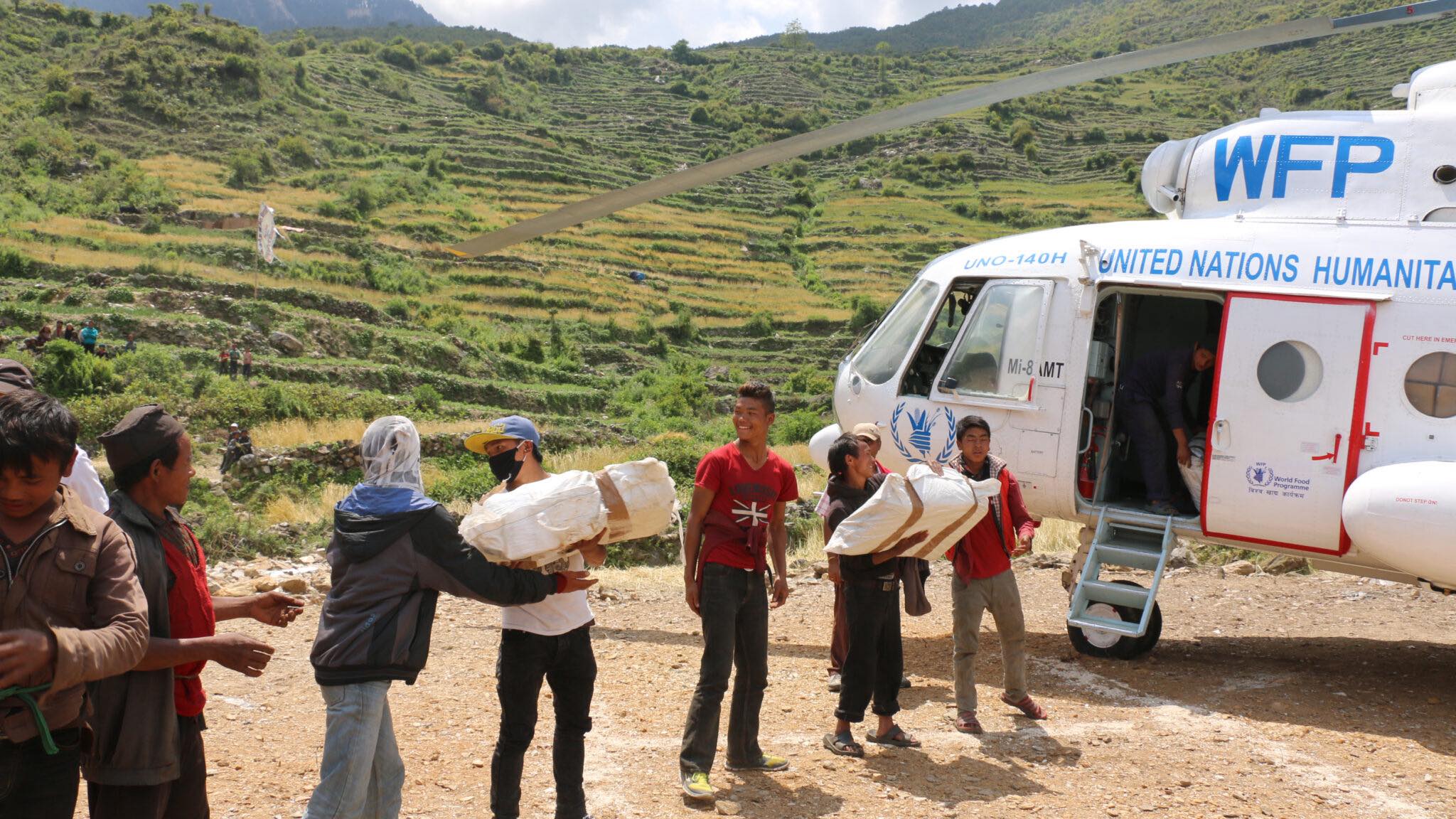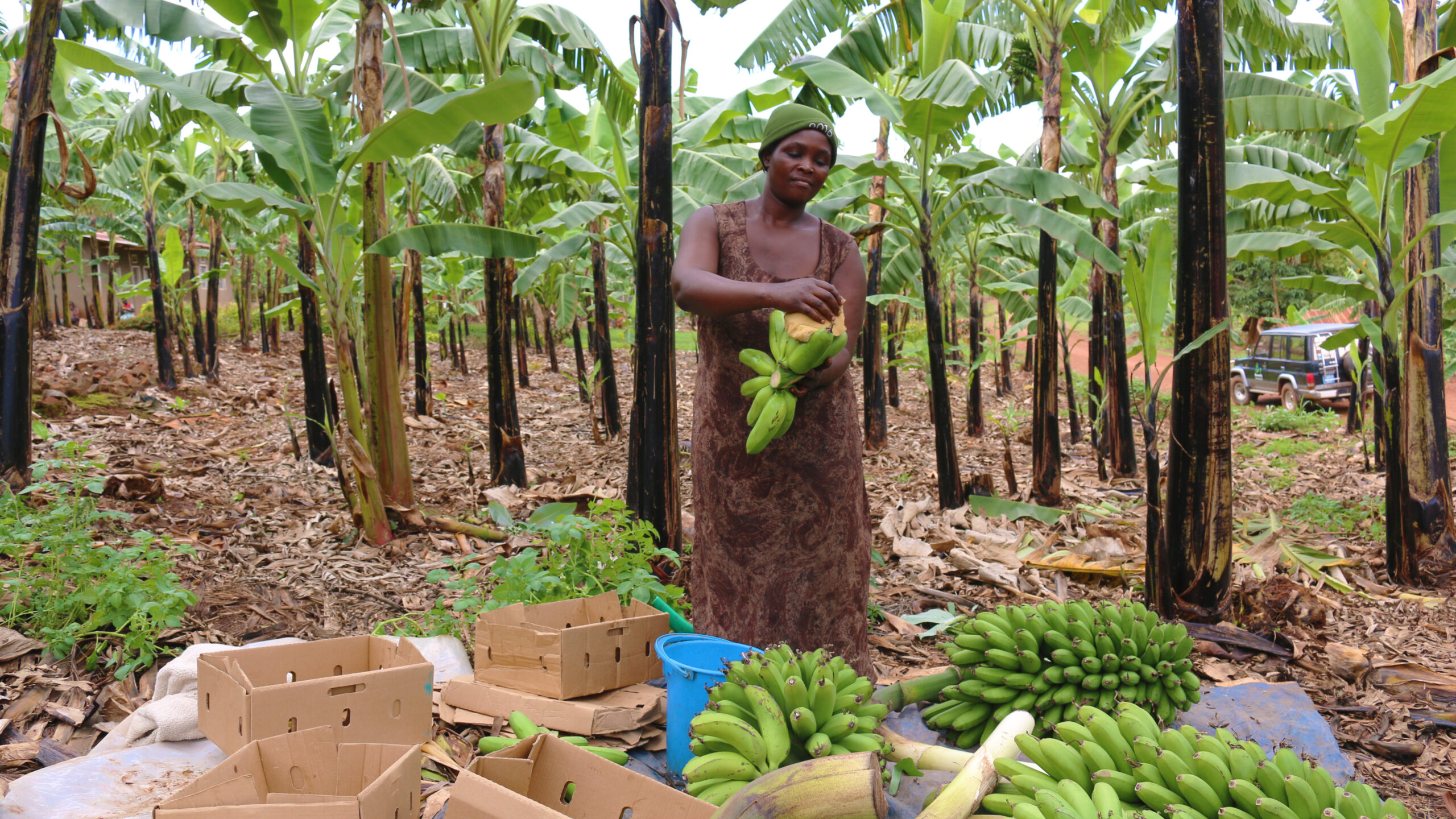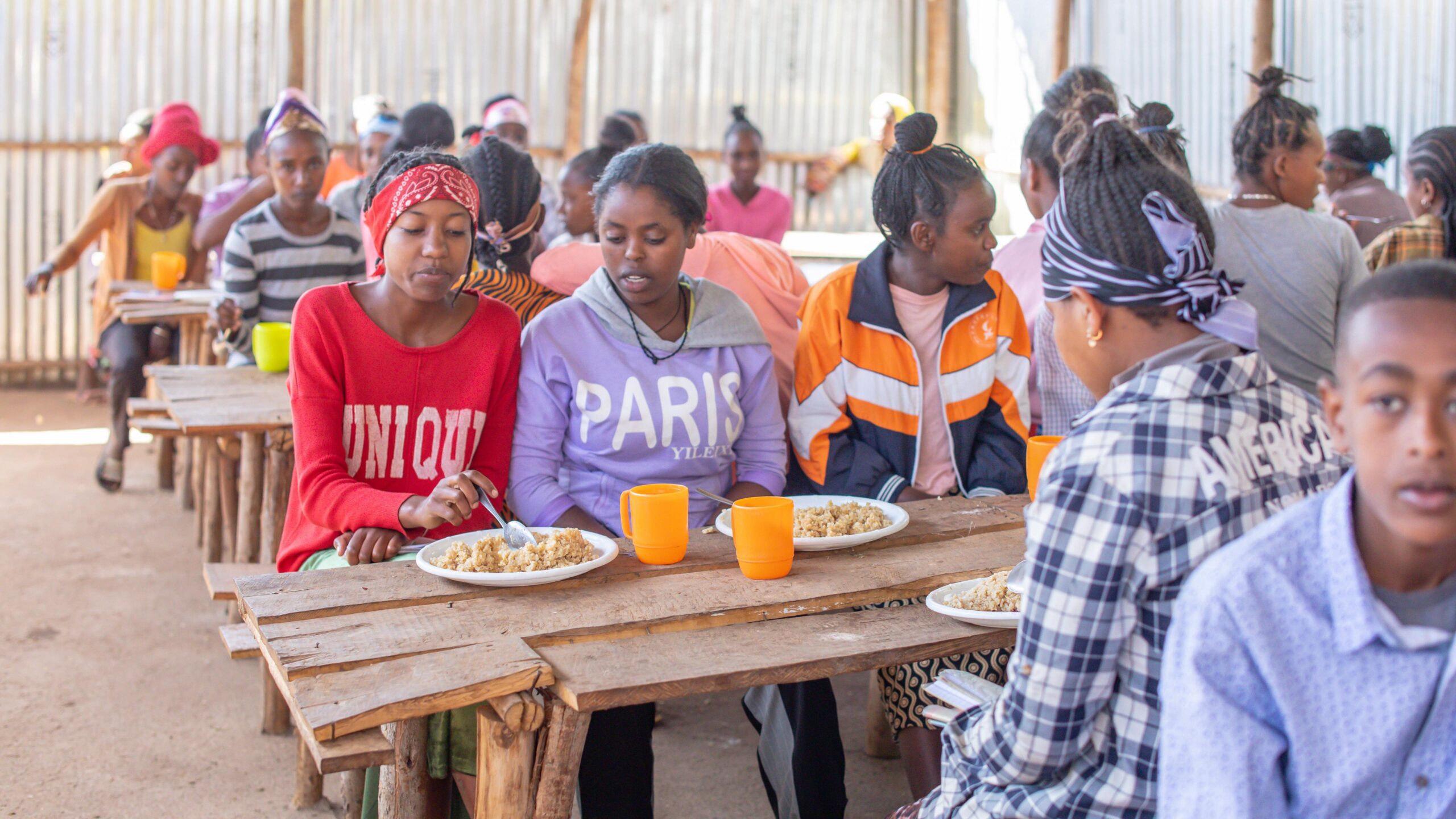Since the earthquake killed more than 8,000 people and severed food chains 14 months ago, IFPRI is redoubling efforts to strengthen food security in Nepal. Before April 23, 2015, less than one-tenth of one percent of people in Nepal relied on food assistance—a number that skyrocketed to 35 percent after the earthquake struck, according to the World Food Programme. Immediately after the earthquake, 80 percent of the most food insecure households lost their entire food stock and more than half of households lost at least half their food stock.
For a landlocked country of 28 million people, struggling with recent democratization, high levels of poverty, and a changing economy in the region with the world’s fastest population growth, this was detrimental to development. It’s against this backdrop that our South Asia Office is working more closely than ever with policymakers in the country.
IFPRI has been a leading voice for food and agricultural issues and is in the middle of a multi-year project with USAID to help Nepal achieve economic growth in the agricultural sector. Some of the main initiatives include facilitating the Industrial Enterprise Act, the Foreign Investment and Technology Transfer Act, and the Intellectual Property Rights Policy, which aims to foster a favorable environment for national and international investments. Additional activities include the Agribusiness Promotion Act and the Agriculture Mechanization Policy to showcase the successes of contract farming; supporting food safety regulations to protect the health of Nepali consumers and make produce more desirable in international markets; and working with the Nepal Business Forum to emphasize the importance of the agricultural sector.
On May 29-30, IFPRI hosted “Sustainable Agricultural Growth in Nepal: Challenges, Opportunities and Options” in coordination with the Institute for Integrated Development Studies and Nepal Economic Association. The conference addressed Nepal’s food security challenges and explored possible options for sustainable and accelerated agriculture growth. Nepal’s Minister of Agriculture, the Honourable Haribol Prasad Gajurel, served as chief guest for the conference, which also served as a launch point for the 2016 Global Food Policy Report.
DSG’s Hiroyuki Takeshima presented that cultivated area in Nepal almost quadrupled between 1995 and 2010, with almost all of the growth stemming from households that rented tractors instead of owning them, enabling increased mechanization on farms in the region despite no significant increase in farm size. Importantly, custom-hired tractor services (CHS) also increased returns to scale in smallholder farming. In the Terai, a plain region of Nepal, household income increased 10 percent with the adoption of CHS.
Anjani Kumar, who heads IFPRI’s work in Nepal out of the New Delhi office, presented research on lentil contract farming in Nepal. Contract farming is a form of agricultural production that can be more profitable due to a reduction in marketing and transaction costs. The cost reduction stems from the farmer and buyer agreeing on a quantity and price before the crop is even produced, unlike in traditional markets where quantities and prices can fluctuate more easily. The research, performed by the team from South Asia Office—Kumar as well as Devesh Roy, Gaurav Tripathi, P. K. Joshi and Nepal Ministry of Agriculture’s Rajendra Prasad Adhikari—focused on contract farming through the lens of profitability and food safety. Contract farming is meant to increase productivity, enhance farmers’ incomes, reduce transaction costs, minimize risk, and improve product quality and safety—but it is relatively new in Nepal. Lentils, the largest agricultural export in the country, was used as a case study to examine how contract farming can benefit the agricultural sector and improve the lives of the people of Nepal. The researchers found that not only did lentil yields increase, but profits increased from NPR 13.27 (about 12 cents) per kg to NPR 35.73 (about 33 cents) per kg thanks to contract farming.
The team concluded that Nepal has an economic opportunity with the massive Indian pulse market, which requires imports of 2 to 3 million metric tons of pulses each year to meet demand. Policymakers in Nepal should examine strategies and procedures for promoting and incentivizing contract farming in the country.
Nepal has a tremendous potential and ambitious plans to join the ranks of developing countries, and IFPRI research is being used to pave the economic path forward. Thanks to IFPRI researchers, farmers and policymakers will be better prepared to navigate the years ahead to ensure that hunger and malnutrition wither while innovative agriculture policies grow.







